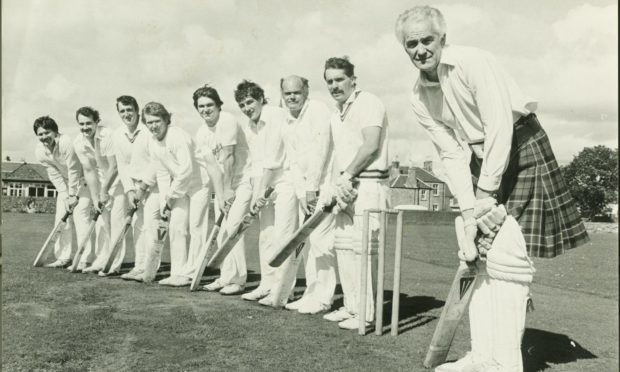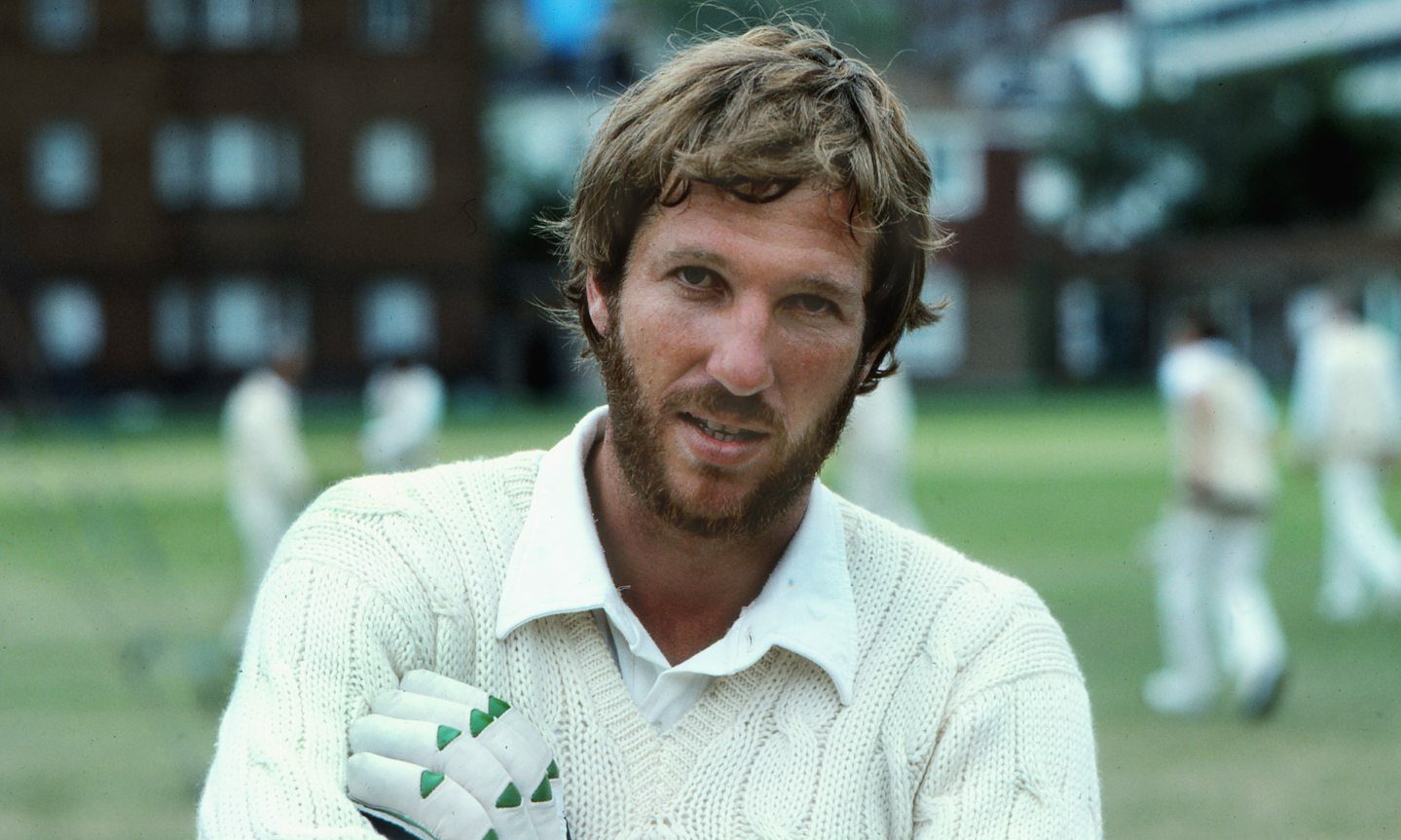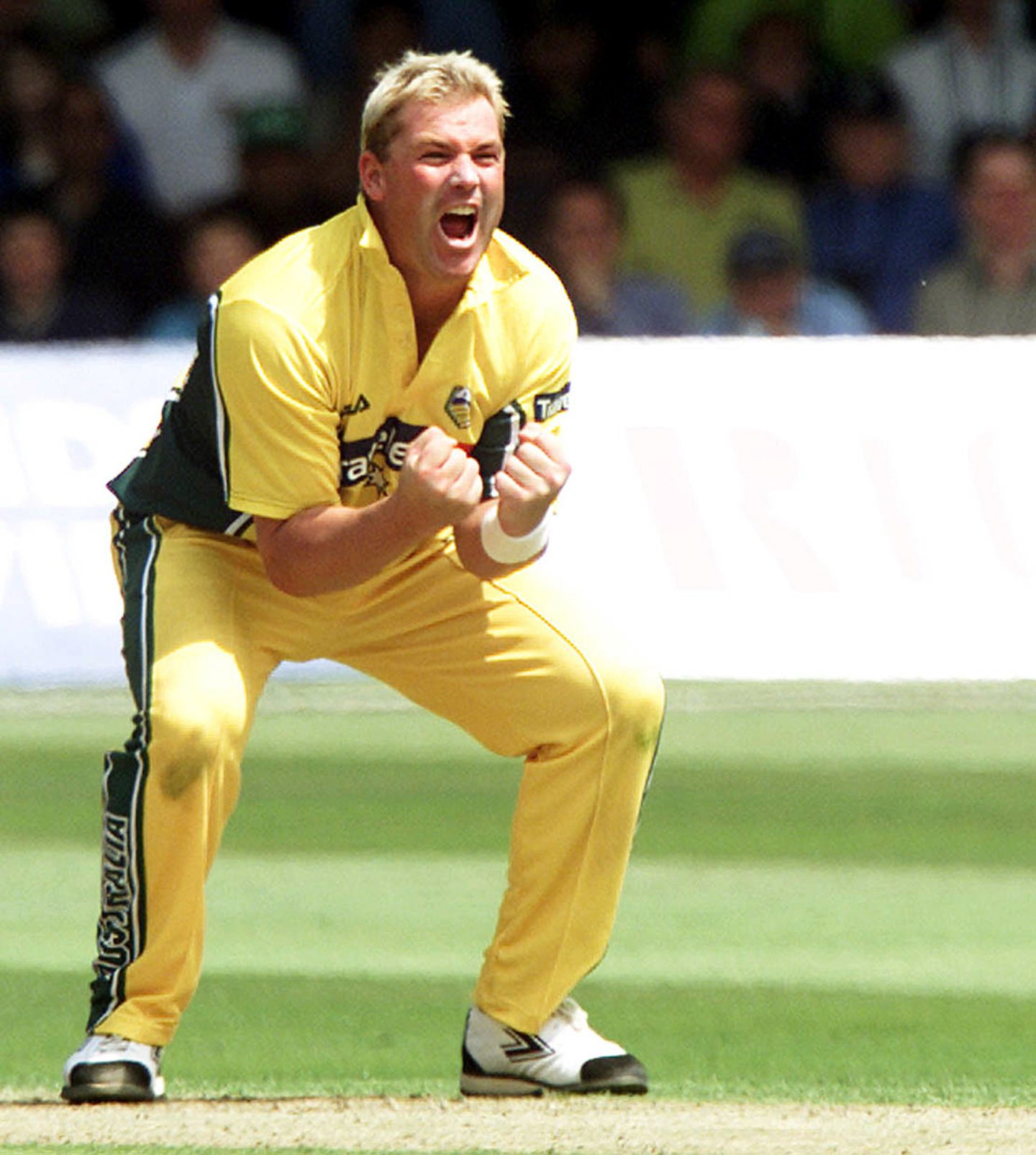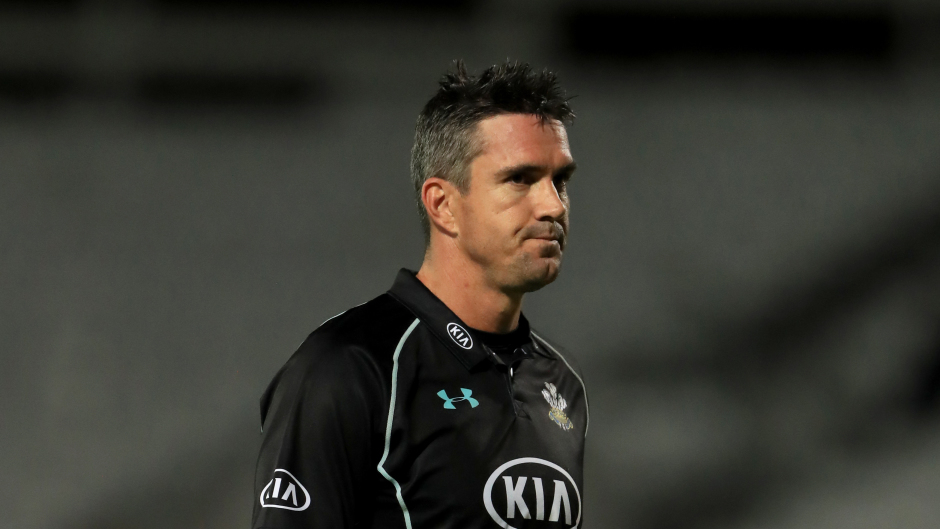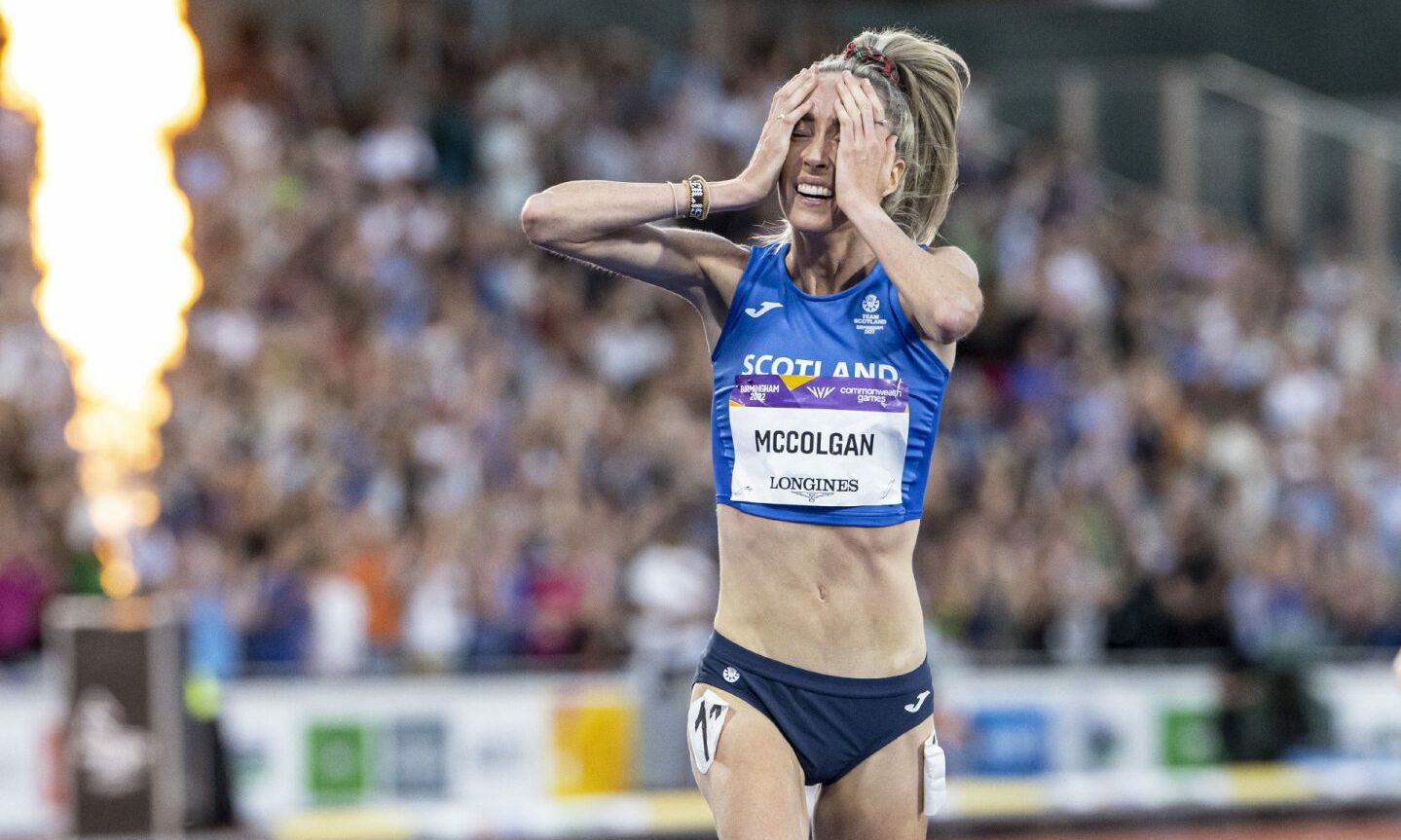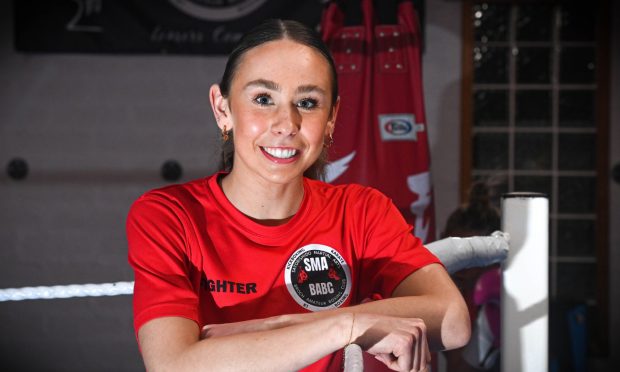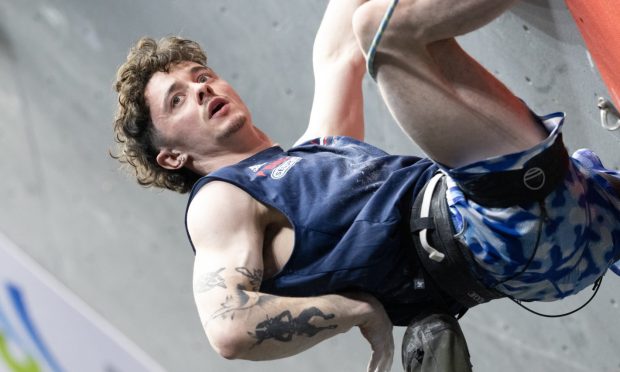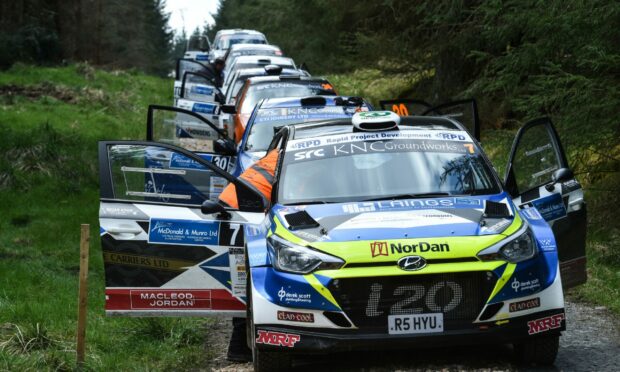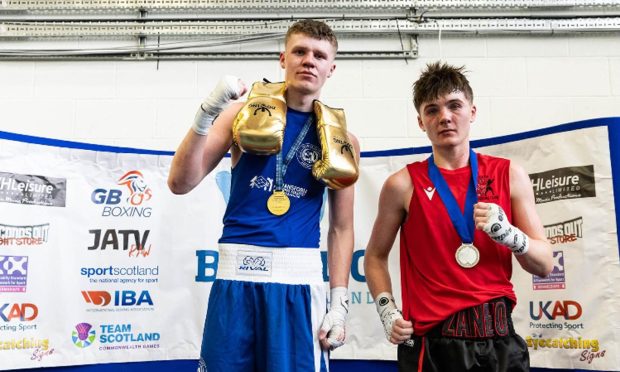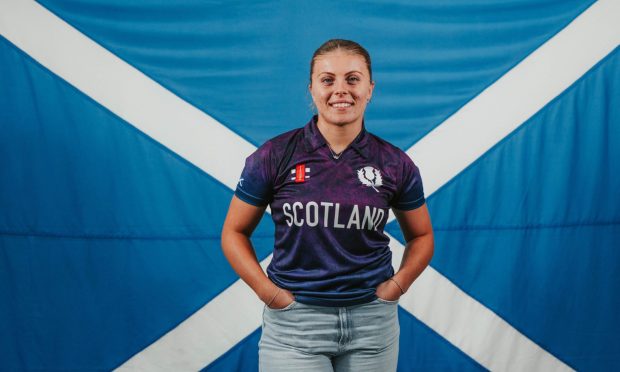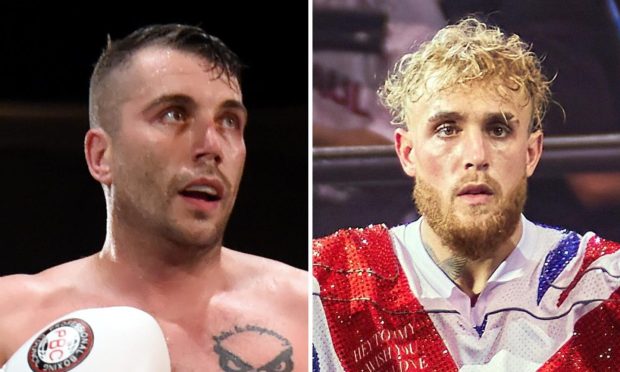Every spring, the arrival of the new cricket season used to be a precious part of my life as a Scottish youngster in the 1970s.
There would be impromptu matches in the park with tennis balls and makeshift wickets; details of the latest county and Test scores in tiny print in the newspapers; the occasional TV coverage which I watched avidly at my gran’s house; and even the occasional teacher v pupil school contest, which was never for the faint-hearted, especially for those who regarded the belt as their best classroom assistant.
Growing up in West Lothian, the sport was far more egalitarian than rugby, which remained the preserve of the private schools. There was a thriving club in Fauldhouse and the county organisation in Linlithgow, allied to numerous works teams across the region, in the steel factories, shipyards and mining villages where people of all ages and backgrounds played with varying degrees of competence for a few months.
We marvelled at the magnificence of Viv Richards, Michael Holding and their West Indian teammates and relished the in-your-face swagger of Dennis Lillee and Jeff Thomson at their pomp in Ashes battle, then, as we advanced into the 1980s and 1990s, revelled in the feats of such mercurial talents as Ian Botham, Imran Khan, Kapil Dev, David Gower, Brian Lara, Shane Warne, the Waugh twins, Wasim Akram… just the names are sufficient to rekindle memories of these characters at their peak.
Even after moving down to work in London in the mid-1980s, I was lucky enough to be enthralled by the success of Fife maestros Freuchie against English rivals Rowledge in the final of the National Village Cup competition at Lord’s – an achievement which I still consider to be one of the greatest exploits in the whole history of Scottish sport.
But lately, things have changed and not for the better. Of course, cricket has always had controversies, ranging from Kerry Packer’s World Series circus which split the game in two for a while to the decision by many leading players to participate in so-called “rebel” tours of apartheid-blighted South Africa.
There were match-fixing scandals, altercations with umpires and incidents of unsavoury chants from the terraces, but despite everything, the sport had an ebb and flow, a natural rhythm at its core.
I was there when the Scots made their debut at the 1999 World Cup against the Australians in Worcester. I was there when the Saltires won three of their first four matches against the English counties in the Totesport League in 2003, including a near-miraculous chase of 180 in 15 overs to beat Somerset in Edinburgh.
And I was there when Craig Wright’s squad won the ICC Trophy in Dublin two years later at a point where it seemed they might achieve Full Member status in the global structure.
By that juncture, the T20 format was on the radar as a rival to the existing 50-over ODIs and perhaps we should have seen it coming – the creation of an endless international schedule of tournaments from the IPL to the BBL, the Vitality Blast to the BPL and CPL, with an increasing number of players choosing to become mercenaries and touting their services wherever sixes and yorkers needed sorting out.
As long as Test matches remained the prime focus, I could just about accept the transformation of cricket into a vast McDonald’s franchise, replete with razzamatazz and cheerleaders, tactical time-outs, corporate branding on every piece of kit and inane commentary, a million miles removed from the days of Richie Benaud and John Arlott.
But here we are in 2022, with England beginning a Test series against South Africa this week, even as The Hundred chunters on in the background, and preparations continue for the World T20 in Australia this winter. Can you remember the results of the recent jousts between Jos Buttler’s team and their Indian and South African counterparts? Or what occurred when the Test side met Indian and New Zealand earlier this summer?
As for Scotland, trapped in the almost never-ending absurdity of the World Cricket League, their ambitions have been stifled by a competition with no tangible prize, even as the governing body keeps the lid shut on its number of World Cup participants at a time when other pursuits are moving in entirely the opposite direction.
Well, I’m sorry, and I never thought the day would come, but enough is enough. I’m not buying the incessant banalities of Kevin Pietersen, Darren Gough and their chums as they flog the alleged virtues of The Hundred, with its five-ball “sets” and “catches in the crowd” and decibel-laden determination to make us care about the antics of the “Northern Superchargers”, “London Spirit”, “Manchester Originals”, or whatever name happens to be in vogue until they need to sell a few more bits of merchandise.
Of course, life evolves and progress is inevitable. But there is something desperate about this attempt to chase a new audience without bothering about the people who have been passionate about cricket for three, four, five decades or longer.
My memories of this summer will be of Eilish McColgan, Laura Muir and Duncan Scott at the Commonwealth Games, the Lionesses in women’s football, Serena Williams being reminded of the dying of the light and Nick Kyrgios battling his demons.
As for cricket, there is nothing but a blah taste in the mouth. Which, I suppose, is the logical conclusion of the McDonaldisation of the game I once loved!
